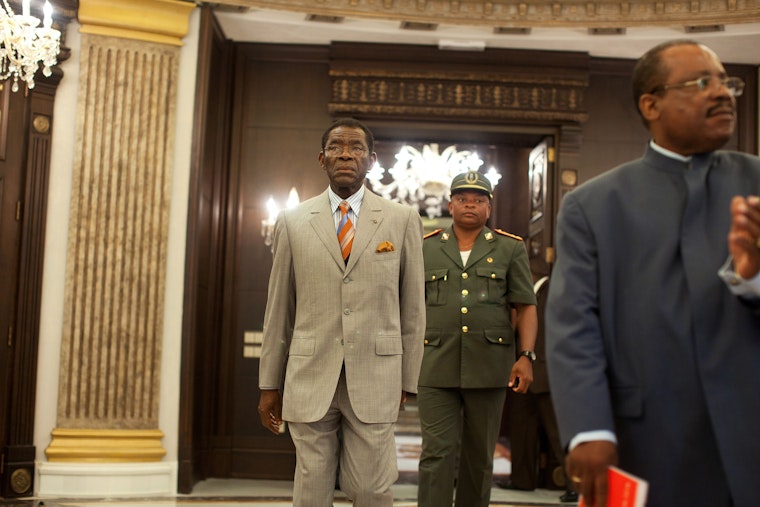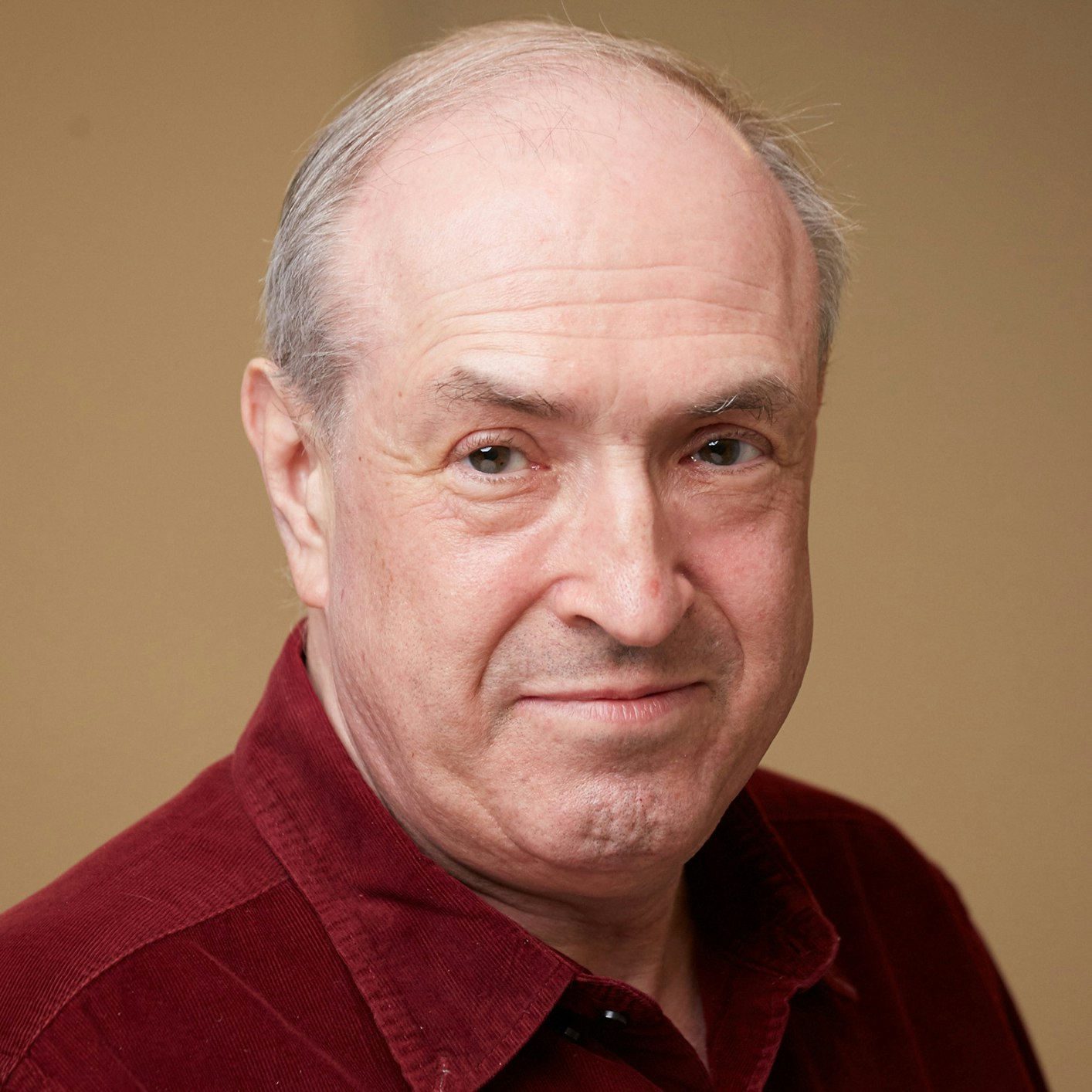Legal Troubles in Spain Loom for Equatorial Guinea’s Autocratic Ruler
By Ken Hurwitz

In all likelihood, 2018 will see President Teodoro Obiang of Equatorial Guinea mark his 39th year in office, confirming the 75-year-old as Africa’s longest-ruling autocrat.
Yet the past few months have proved challenging for President Obiang and his family, both at home and abroad. The year ended with his security forces carrying out a wave of arrests of opposition activists, and government claims that a group of heavily armed men arrested in neighboring Cameroon had intended to launch a coup in Equatorial Guinea.
Meanwhile, in October, a court in Paris found Obiang’s son and heir apparent guilty of money laundering—convicting him for illegally using the proceeds of corruption to acquire some €150 million of property, cars, and luxury goods in France.
Now comes news of further troubles for the Obiang clan, this time in Spain. This week the leading Spanish newspaper El Pais reported that a long-running police investigation has exposed a series of corrupt arms deals carried out between Equatorial Guinea and Ukraine [link in Spanish] in the period from 2001 to 2007.
According to El Pais, a police report details, among other transactions, the purchase of M1-24 combat helicopters from Ukraine, carried out in 2003 by Vladimir Kokorev, a 62-year-old Russian businessman who is alleged to have worked as a money-laundering frontman for the Obiang family in Spain. Kokorev, together with his wife Julia and their son Igor, were arrested in Panama in September 2015 under a Spanish warrant and extradited on suspicion of involvement in arms trafficking, money laundering, and tax fraud.
According to El Pais, the 200-page police report into the case, dated November 13, 2017, concludes that there is “abundant evidence” that the helicopter transactions involved commissions paid to high officials in both Equatorial Guinea (a former Spanish colony) and Ukraine.
The police investigation reportedly found grounds to conclude that the resulting payments increased the costs to the Equatoguinean treasury of two combat helicopters “by more than 44 percent of the cost of the actual contract,” from $3 million to $5.3 million. It names as apparent payment recipients Hassan Hachem, personal advisor to President Obiang (apparent recipient of $1 million in “commissions”), as well as Fausto Abeso Fuma, the president’s son-in-law, minister of aviation, and former ambassador to Russia and Ukraine (apparent recipient of $100,000), and Agustín Ndong Ona, then a senior military official (apparent recipient of $50,000).
At the Ukrainian end of the deal, according to El Pais, the report names two individuals, one of them identified as a member of Ukraine’s external intelligence service.
It is not entirely clear what the next steps will be for the Spanish investigation, which is being led by prosecutor Luis del Rio Montesdeoca and investigating judge Ana Isabel de Vega Serrano, both based in Las Palmas in the Canary Islands, where Kokorov’s company, Kalunga, was based. There are some indications that a trial might be anticipated in 2018.
But whatever eventually happens, the latest revelations—coming after the Paris conviction of Obiang’s son—echo the patterns seen in that trial, in which members of the president’s family were able to abuse their high position to require substantial personal commissions on business with outsiders.
They also lend credence to the value and gravity of the investigation underway in Spain, in the face of recent efforts by the Kokorevs and others to discredit it.
This case also underlines the important role that civil society groups can play in pushing forward legal efforts to fight high-level corruption.
In Paris, the case against the younger Obiang was based on an initial complaint filed by the French anticorruption group Sherpa and Transparency International France, which was then aggressively pursued by French investigative judges, energetically assisted by the group.
In Spain, the current investigation developed from a detailed and scrupulously researched criminal complaint filed in 2008 by the Spanish NGO Asociación Pro Derechos Humanos de España, working in close collaboration with the Open Society Justice Initiative. That initial complaint alleged that public funds from Equatorial Guinea had been illegally paid to a Spanish company (managed by Kokorev) and apparently used for the purchase of properties in Spain on behalf of the Obiangs and their associates.
It appeared that the purchase payments represented part of $26.5 million that had been shown to have been transferred under suspicious circumstances from an Equatorial Guinea Treasury account in the United States, upon the signature of President Obiang plus either a son or a nephew (the transactions were originally uncovered as part of a 2004 U.S. Senate investigation into money laundering at the failed Washington, D.C.–based Riggs Bank).
So far, the Spanish threads loosened at Riggs Bank over 13 years ago have led to Madrid and to the Canary Islands, then on to Panama and now to Ukraine (with additional connections to Lithuania), adding to an ever-widening web of questionable dealings, supported by a stable of outsiders and agents eager for a share of the action. Meanwhile, in Equatorial Guinea itself, most of the population of some 900,000 scrapes by on a dollar a day, despite an oil-fueled per capita gross national income comparable to Argentina, Chile, or Croatia.
[Editor's note: Almost two years after this article was published, on December 16, 2019, the Judge Magistrate of Examining Magistrate's Court 5 of Las Palmas de Gran Canaria rejected Asociación Pro Derechos Humanos de España’s request to expand the investigation to Fausto Abeso, Melchor Esono, Agustin Ndog, and Hassan Hachem.]

Until November 2021, Ken Hurwitz was senior managing legal officer with the Open Society Justice Initiative.